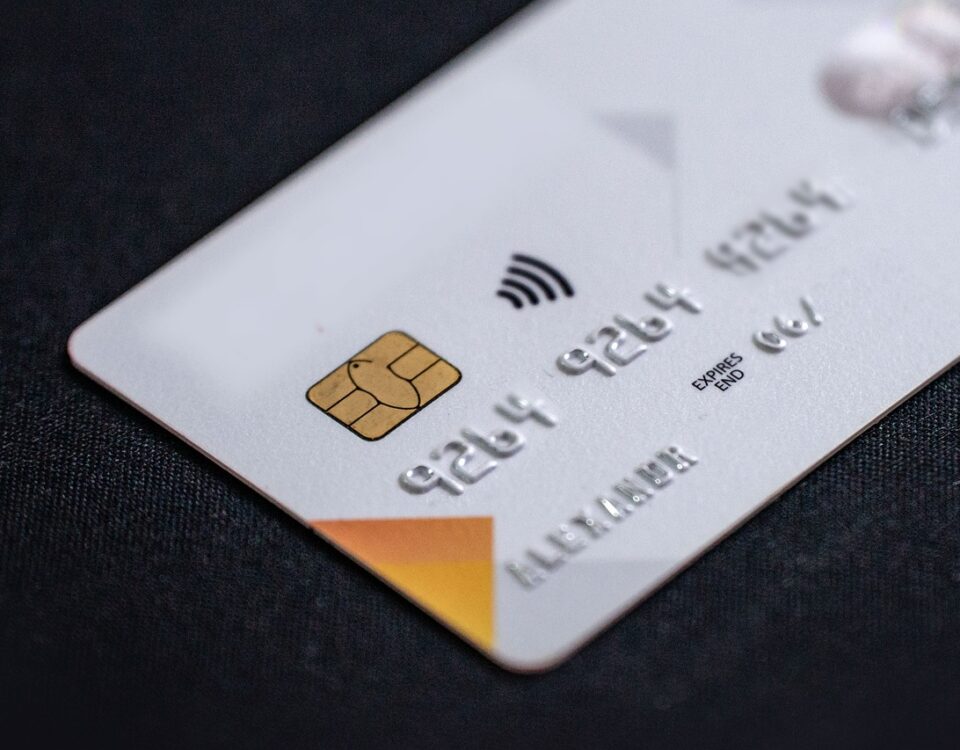Understanding VAT Registration in the UK: A Comprehensive Guide
What is VAT?
Value Added Tax (VAT) is a tax placed on goods and services at each stage of the supply chain where value is added. In the UK, the standard VAT rate is 20%, applicable to most goods and services sold by VAT-registered businesses.
VAT Registration Threshold
You must register for VAT when your company's taxable turnover exceeds £90,000 within a 12-month period. However, voluntary registration before reaching this threshold can offer significant advantages.
Pros of Registering for VAT Early
- Recover VAT on Purchases: Businesses can reclaim VAT on goods and assets purchased up to three years before VAT registration, provided they are still in possession of these items at the time of registration and have the necessary evidence, such as invoices. VAT on services incurred for business purposes before registering can be reclaimed up to six months prior, given proper documentation.
- Credibility Boost: VAT registration can enhance your business's credibility, signaling to customers and partners that your company is well-established and capable of handling larger operations.
- Improved Cash Flow Management: By reclaiming VAT on purchases, businesses can manage cash flow more effectively, particularly in capital-intensive industries.
Cons of Registering for VAT Early
- Complexity: VAT is inherently complex, requiring meticulous record-keeping and regular submission of VAT returns. Businesses may need additional accounting support to manage VAT compliance, increasing operational costs.
- Increased Scrutiny: VAT-registered businesses are subject to higher scrutiny by HM Revenue & Customs (HMRC), which can lead to more frequent audits and reviews.
- Administrative Burden: Managing VAT returns and compliance can be time-consuming, diverting resources from core business activities.
- Specific Challenges: Certain expenses, such as VAT on petrol, add layers of complexity to VAT calculations and reclaiming processes.
How to Register for VAT
Registering for VAT is done directly through HMRC via the gov.uk website. The process involves completing an application form, which can be intricate and prone to errors. To avoid rejections and ensure accuracy, consider opting for our professional VAT Registration Assistance services.
What is The Flat Rate VAT Scheme?
The Flat Rate VAT Scheme simplifies the VAT return process for small businesses. Instead of recording VAT on every sale and purchase, businesses pay a fixed percentage of their turnover to HMRC. This scheme is particularly beneficial for businesses with low VAT-claimable expenses.
Preparing for VAT Registration
From March 4, 2024, all companies must provide a registered email address to Companies House for official communications. This requirement applies to both newly incorporated companies and existing ones during their next confirmation statement.
Additionally, Companies House will increase its filing fees from May 1, 2024, to cover the costs of enhanced services. Business owners should ensure their company information is up-to-date and plan for the financial implications of increased fees.
Conclusion
While VAT registration offers significant benefits, including VAT recovery and enhanced business credibility, it also brings complexities and administrative burdens. Thorough preparation and professional assistance can mitigate challenges, ensuring compliance and optimizing the advantages of VAT registration.
Note: This article provides general information and should not be considered a substitute for professional legal or financial advice.







